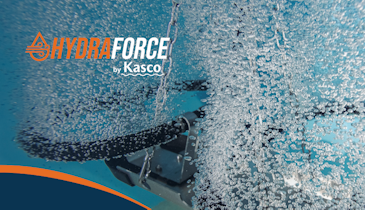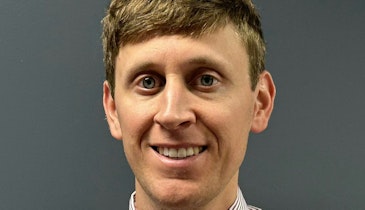
The Shoal Creek Water Reclamation Facility has 112 acres with 70 wet acres used to polish flows of up to 4.4 mgd. It is plant supervisor Herlon J. Fayard Jr.’s favorite spot.
Herlon J. Fayard Jr. was the new kid on the block when he became supervisor of the Shoal Creek Water Reclamation Facility three years ago. It didn’t take him long to win the support of management and staff. His positive attitude won the day.
“Herlon really enjoys the work that...








